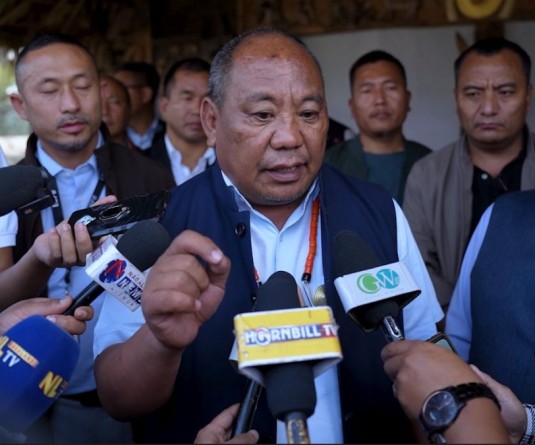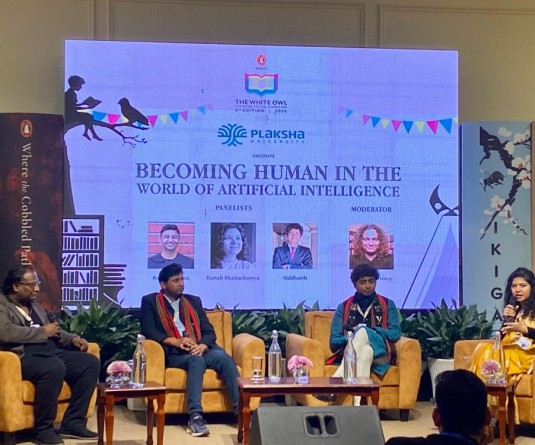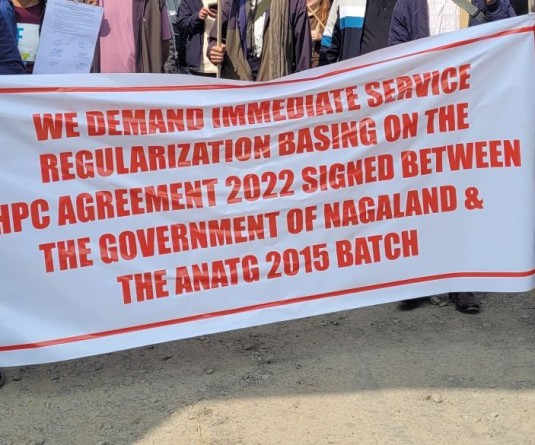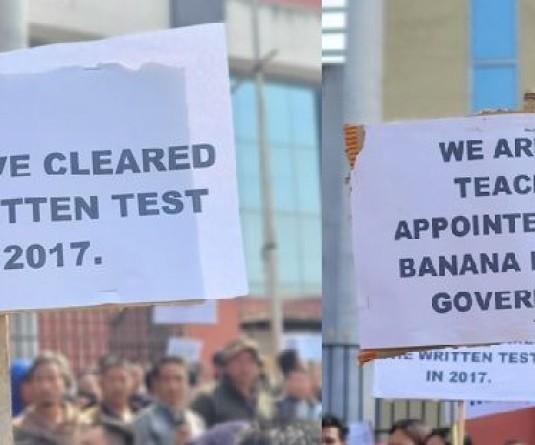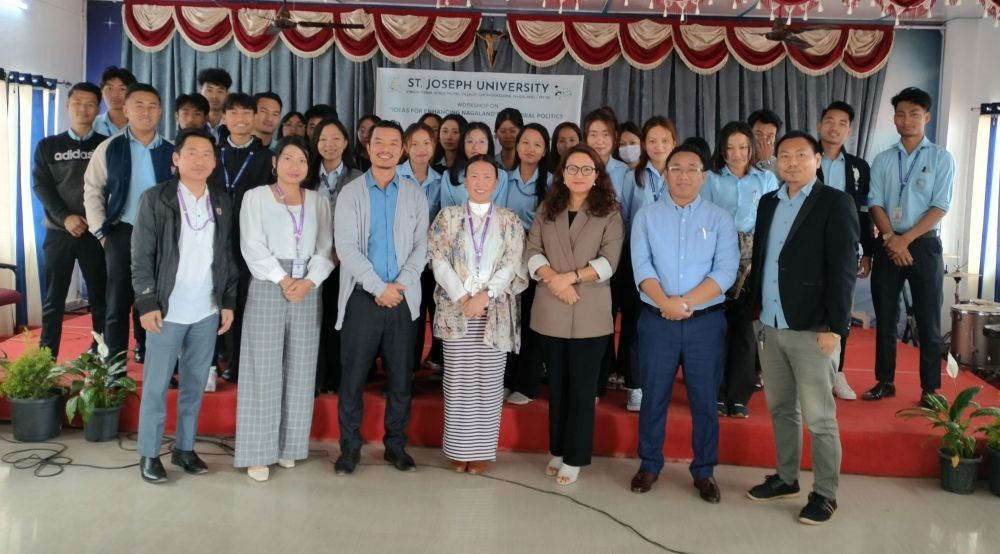
Chomoükedima, March 27 (MExN): St Joseph University (SJU), Political Science Department Chomoükedima organised a workshop on ‘Ideas for enhancing Nagaland’s electoral politics’ on March 24 last. The panellists were Dr Somingam Mawon, Dr Chubatila and Dr Achanger from the department of Political Science, a press release issued by SJU stated.
“Politicians in Nagaland are yet to go beyond making ‘empty promises’,” Dr Somingam Mawon observed and said, the level where they “promise to build bridges where there is no river” is still present.
According to him, electoral politics has given rise to a politics of defection and politicians who desert often have a poor sense of “integrity.” He emphasised that in order to improve electoral politics in Nagaland, voters must eliminate the electoral illiteracy that leads them to believe that their vote has a cost.
Nagas need to free themselves from ‘ethos of respecting elders’
To fulfil the purpose of electoral politics, Nagas perhaps also need to be free themselves from the “ethos of respecting elders,” because this ethos seems to have induced Nagas to sacrifice their individual rights wherein even the educated and politically literate person becomes unable to free from the trend of adhering to the decisions of the elders, said Mawon. In the tussle between the “right-thinking electorates” and “blind supporters and/or short-term benefit seekers,” the former needs to outnumber the latter, although the opposite is the trend in Nagaland at present, said Mawon. Nagas need statesmen as their leader rather than “career politicians.”
He concluded that Nagas must become wise to the chicanery of the career politicians; they must become the kind of electorate with integrity because with these qualities, they cannot be bought and exploited.
Gender & politics closely related in Nagaland
Dr Chubatila discussed the subject from the perspective of representative politics. “If ‘culture of politics’ had been a school, Naga women would have most likely continued to be illiterate,” she assumed while adding “this assumption was made in order to highlight how closely related gender and politics are in the context of Nagaland.”
Dr Chubatila said a “healthy democracy” requires women to be represented in the decision-making process. Yet, the Nagas still saw such democracy as a fantasy since they were unable to reconcile the “community-oriented” way of life of the Nagas with the western idea of representative politics, which was very “individualistic.”
According to Chubatila, representative politics must begin at the grassroots because local politics determine politics at the state level. For the Naga women to become a fitting competitor in the electoral politics, a space in the form of “reservation” must be created which would then allow the training of Naga women to become active participants in the electoral race.
According to her, in order for Naga women to be a legitimate opponent in electoral politics, a “reservation” space must be established. This would enable Naga women to receive the necessary training to take part actively in the electoral race. The speaker stated that the 33% reservation should not be viewed as the benevolence of the Naga “patriarchal males,” and that patriarchal beliefs that describe 33% reservation as “depraving” must be altered.
According to Pitkin's Representation Theory, she identified four types of representation: formalistic, descriptive, symbolic, and substantive representation. These four types must be merged to create a “more egalitarian and gender sensitive setting.” Challenges to “gender insensitive customary law,” structural changes that must start at the village council level, political socialisation of Naga women and an immediate end to the marginalisation of Naga women as “secondary citizens” are the best ways to improve electoral politics in Nagaland. It is still too soon to say if Nagaland's two female candidates to the assembly would prioritise the agenda for women's empowerment. It is also too soon to say if they will represent all Naga women, just a portion of the elite group, or will only serve as a tool for their male counterparts. The speaker added that in order to practise effective representational politics, it is time for the government of Nagaland to adopt the idea of “gender budgeting.”
According to her, the secret to improving Nagaland's electoral system is “gender sensitive and inclusive governance.”
‘Civic and political education’
“Propositions for enhancing Nagaland elections: An examination of the campaigning tool” was the focus of Dr Achanger’s talk. According to the speaker, the Nagaland Nationalist Organization (NNO) is the oldest regional party that can be referred to as a “mass-based organisation” because it was founded with popular support and ran an effective political campaign.
The “era of Aaya Ram Gaya Ram in Nagaland,” which focused on the impact of defection politics that contributed to the instability of the government since 1974, and the “Emergence of multiplicity of political parties” since 2003, the majority of which are “state-based political parties,” were the two electoral trends he specifically discussed. This practise has resulted in the demise of regional parties and a lack of substance in campaigning.
For instance, according to him, the non-issue of the party tickets dominated the recently ended 2023 election. These tendencies make fun of electoral politics because they downplay the role of campaigns as political processes that foster “retrospective voting,” according to the speaker. All of the problems with political campaigns may be attributed to the electoral system, which permits proxy voting, household voting, money politics, etc.
The speaker finished the discussion by emphasising that the key to improving electoral politics in Nagaland is “civic and political education” that would awaken the people of Nagaland to their political responsibilities.


